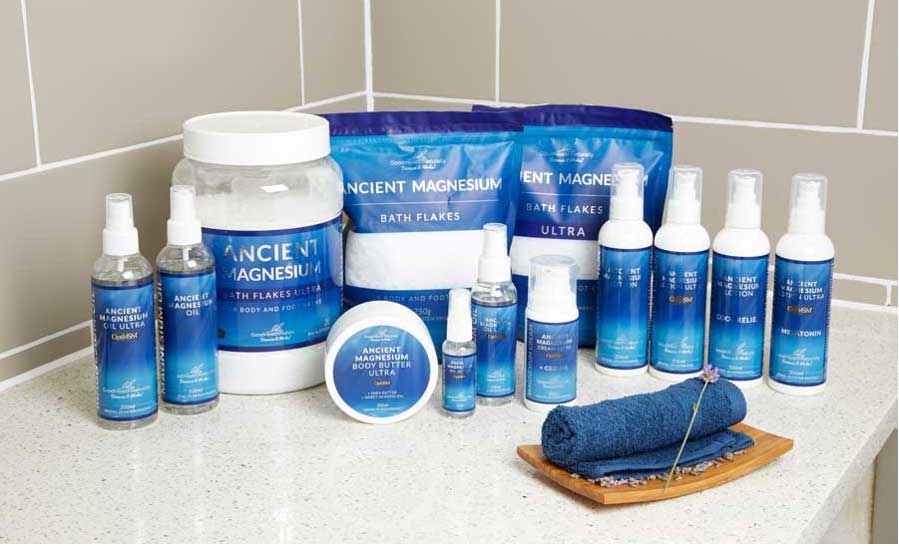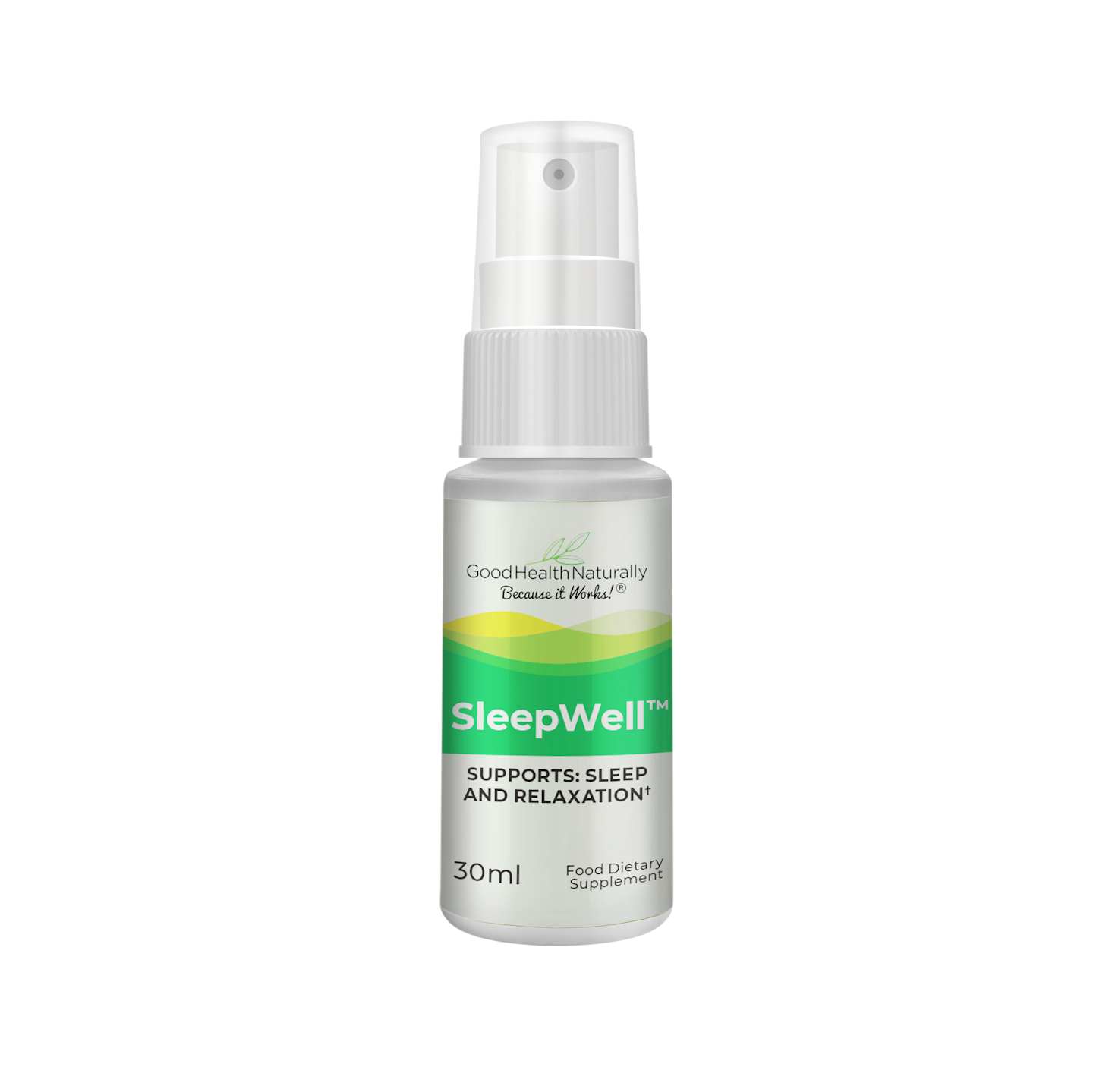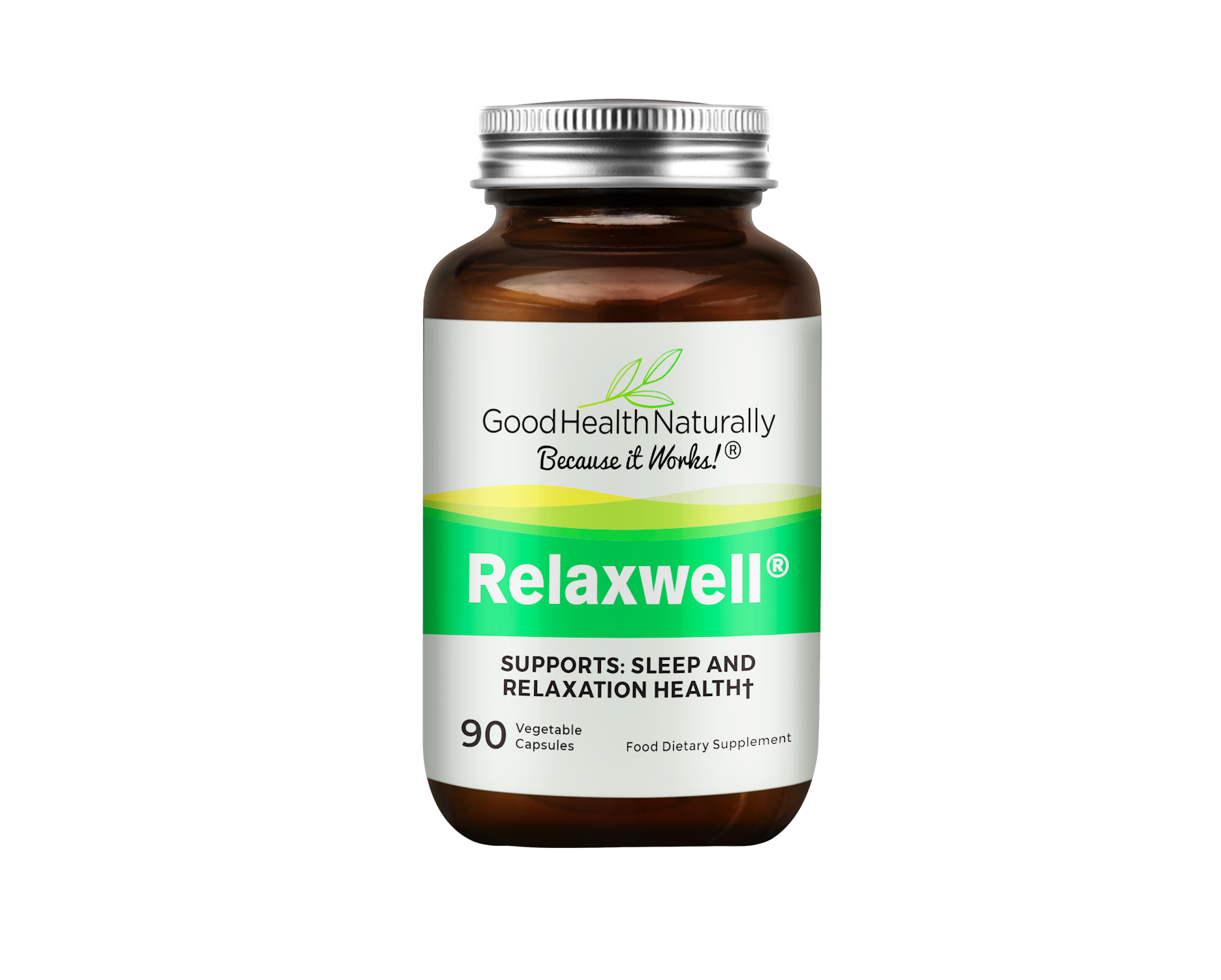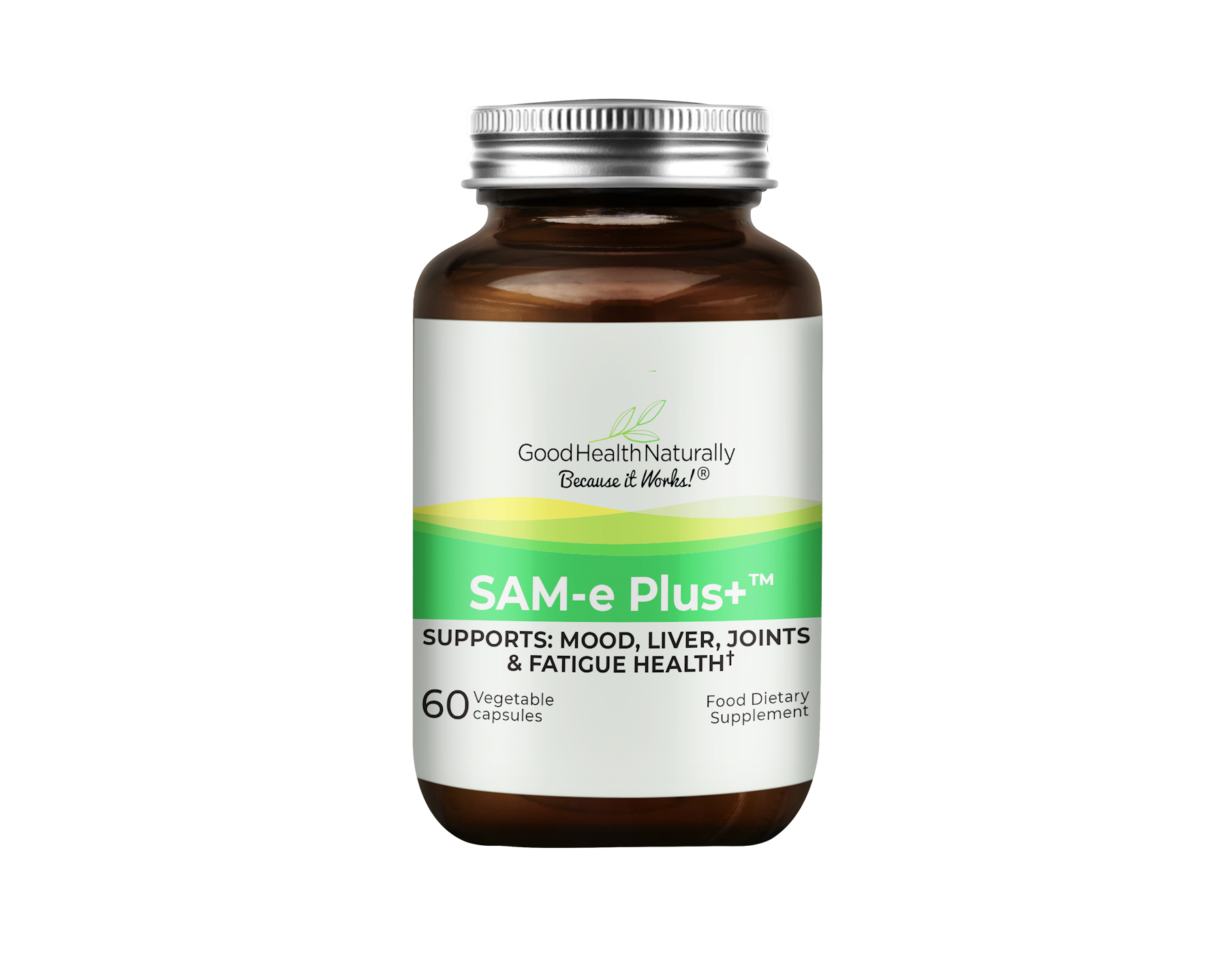Feeling tired? Life feels more difficult and demanding when you don’t get enough quality sleep. You need a good night’s sleep to ensure you can meet whatever shows up in your day.
Yet research shows that many of us simply aren’t getting enough quality shut-eye. As many as 16 million UK adults are suffering from sleepless nights and nearly a third have insomnia according to an Aviva Health Check UK report.
Why You Need a Good Night’s Sleep For Good Health
For everyday activities such as staying focused, making decisions, solving problems or collaborating with colleagues – getting enough sleep is essential brain food.
Therefore it makes sense that the better quality of sleep you experience, the better your mental performance will be. Studies also show that a good night’s sleep is essential for maintaining good health.
A poor night’s sleep is linked to a higher body weight. While a good night’s sleep can maximise your athletic and physical performance. Poor sleepers are also more at risk of heart disease, stroke and Type 2 Diabetes. Getting enough sleep is one of the simplest ways to support your good health.
Here are seven ways to enjoy a better night’s sleep…
1. Ensure You Get Enough Magnesium
As an essential mineral, magnesium may help to improve your sleep. It also plays an important role in your nervous system, helping to quiet and calm you, while relieving anxiety and depression which can interfere with sleep. Research shows that magnesium can effectively reduce insomnia among elderly adults and improve your overall sleep performance. [1]
2. Create Your Own Sleep Ritual
By sticking to a consistent sleep routine where you go to bed at the same time every night, you maintain the timing of your body’s internal clock. This can help you to fall asleep and wake up more easily. You may also want to create a safe and comfortable environment to enjoy a good night’s sleep such as using a cosy pillow and mattress. Adding a drop or two of lavender essential oil onto your pillow can also help to relax the senses and make it easier to fall asleep.
3. Avoid Caffeine
Drinking coffee or tea before bedtime can disrupt your sleep pattern making it more difficult for you to fall asleep. Consuming caffeine late at night is not recommended because it can keep you awake at night and may lead to more sleeplessness, anxiety and overall poorer sleep quality. Caffeine blocks adenosine receptors in the brain, a sleep-promoting chemical that’s produced in the brain during our waking hours. [2] Caffeine can also interfere with the circadian melatonin rhythm, therefore delaying the onset of sleep if its consumed before bedtime. [3]
4. Reduce Stress
Managing your stress levels is one of the best ways to support your general relaxation and enjoy a better night’s sleep. Taking a warm shower or bath, having a massage or doing some light stretching exercises before bed can all help you to unwind and enjoy a deeper rest.
5. Try GABA for Anxiety Support
If you struggle with anxiety or staying calm especially at night, taking GABA (Gamma-aminobutyric acid), an amino acid derivative that’s produced naturally in the body and works as a ‘calming’ neurotransmitter. By inhibiting neural activity, GABA can reduce mental and physical stress, while easing anxiousness and creating a sense of calm. By encouraging a calm mood, it can help to induce a good night’s sleep. [4]
6. Deep Breathing Exercises
Practising deep breathing techniques can help you to slow down your nervous system response and enable yourself to relax. The 4-7-8 Method is a popular mindfulness practice as the goal is to take slow, even and deep breaths that can help you to fall asleep faster and to achieve deeper states of relaxation.
7. Take SAM-e
As a natural compound, SAM-e helps to produce dopamine and serotonin in the body. By taking SAM-e you can help your body to relax, finding relief for anxiety and depression. It’s also beneficial for those suffering from insomnia and plays an important role in the synthesis of melatonin, a hormone associated with sleep. [5]
These are just several ways that can help. Take a look at our nutrition recommendations below to support your general relaxation, find relief for insomnia and enjoy a better night’s sleep.
References:
[1] https://pubmed.ncbi.nlm.nih.gov/23853635/
[2] https://www.sciencedirect.com/science/article/pii/S0301008208000865?
[3] https://stm.sciencemag.org/content/7/305/305ra146
Recommended Examples
Ancient Magnesium
Ancient Magnesium – Provides a variety of topical solutions to support your relaxation and wellbeing. Topical magnesium may lower inflammation, promote cell turnover and may support respiratory health.
The Ancient Magnesium range with OptiMSM includes Magnesium Flakes, Magnesium Oil, Magnesium Lotion, Magnesium Gel and Body Butter products. The addition of OptiMSM, the world’s purest MSM allows for superior skin cell absorption. Available from Good Health Naturally.
SleepWell™
SleepWell™ – Take 6 sprays daily. Contains Vitamin B3 (Niacin) and a proprietary blend of 5-HTP. In addition, it also contains Melatonin, Valerian Root, Passiflora, Hops, MSM for reducing anxiety and insomnia. Available from Good Health Naturally.
Relaxwell™
Relaxwell™ – Contains L-Tryptophan, L-Theanine, Vitamin B3 and B6 to help you relax and relieve stress. Supports sleep and relaxation. Available from Good Health Naturally.
SAM-e Plus+™
SAM-e Plus+™ – Known as SAM-e (S-adenosyl-l-methionine), it provides good support for stress and anxiety while keeping hormones balanced. Available from Good Health Naturally.









